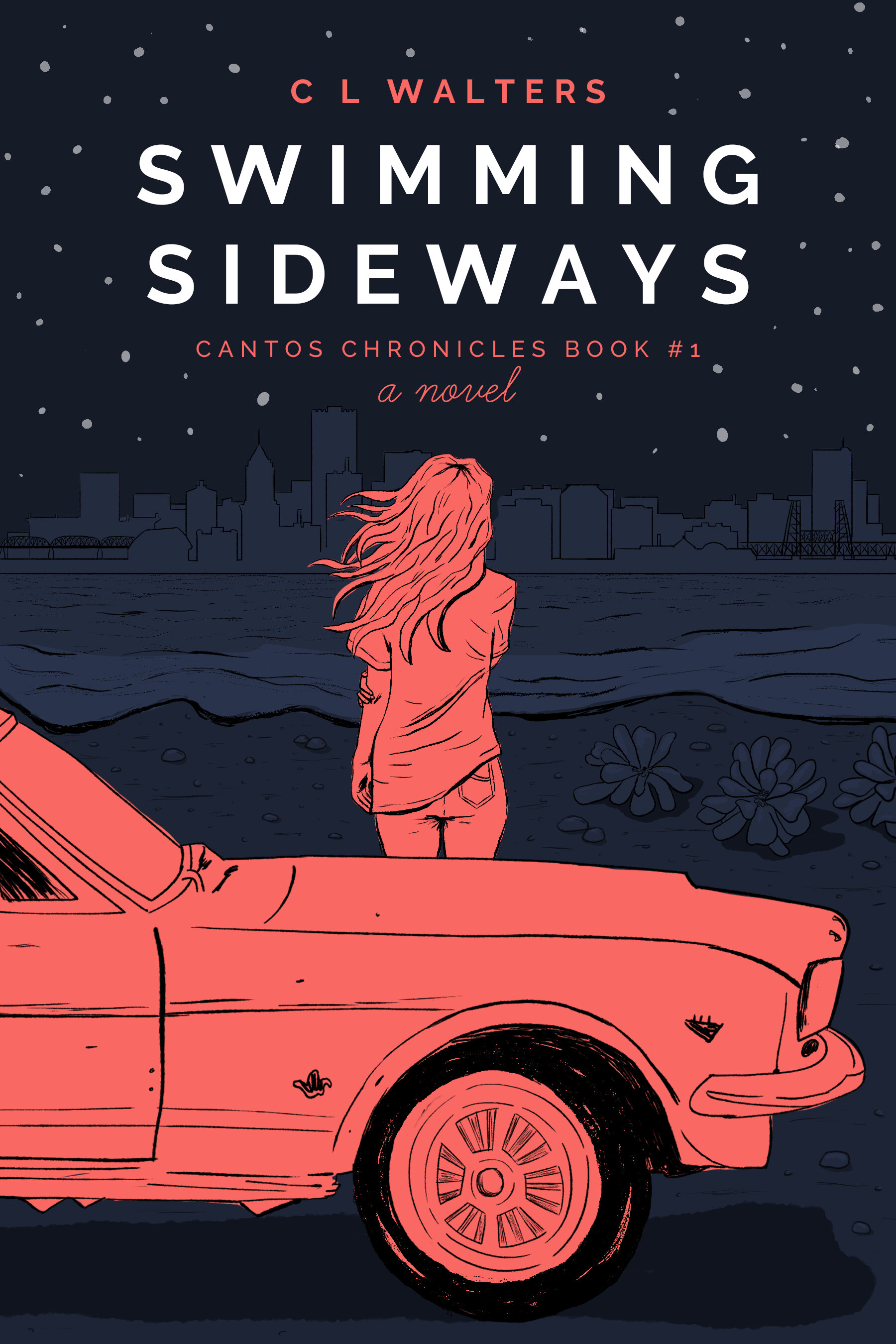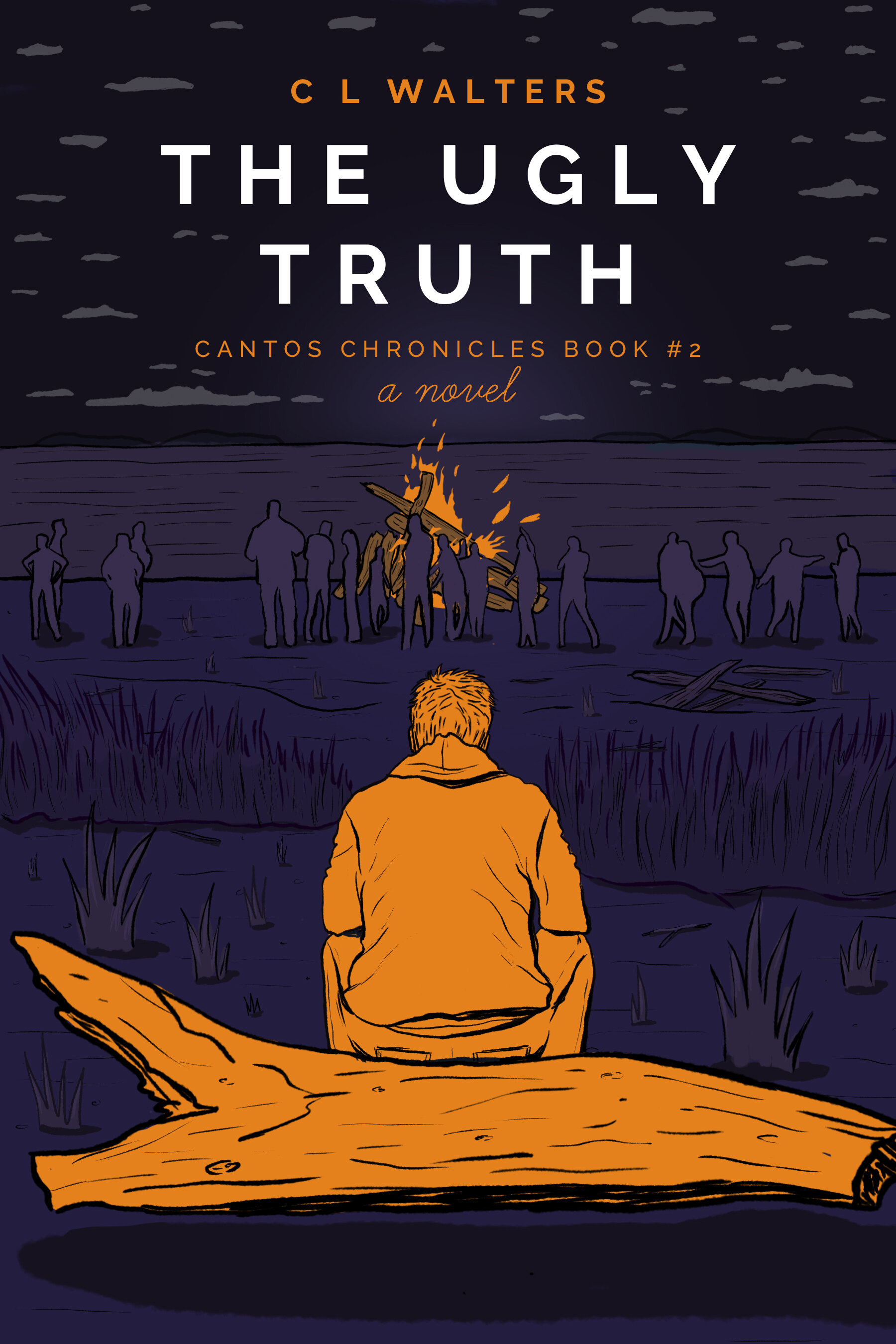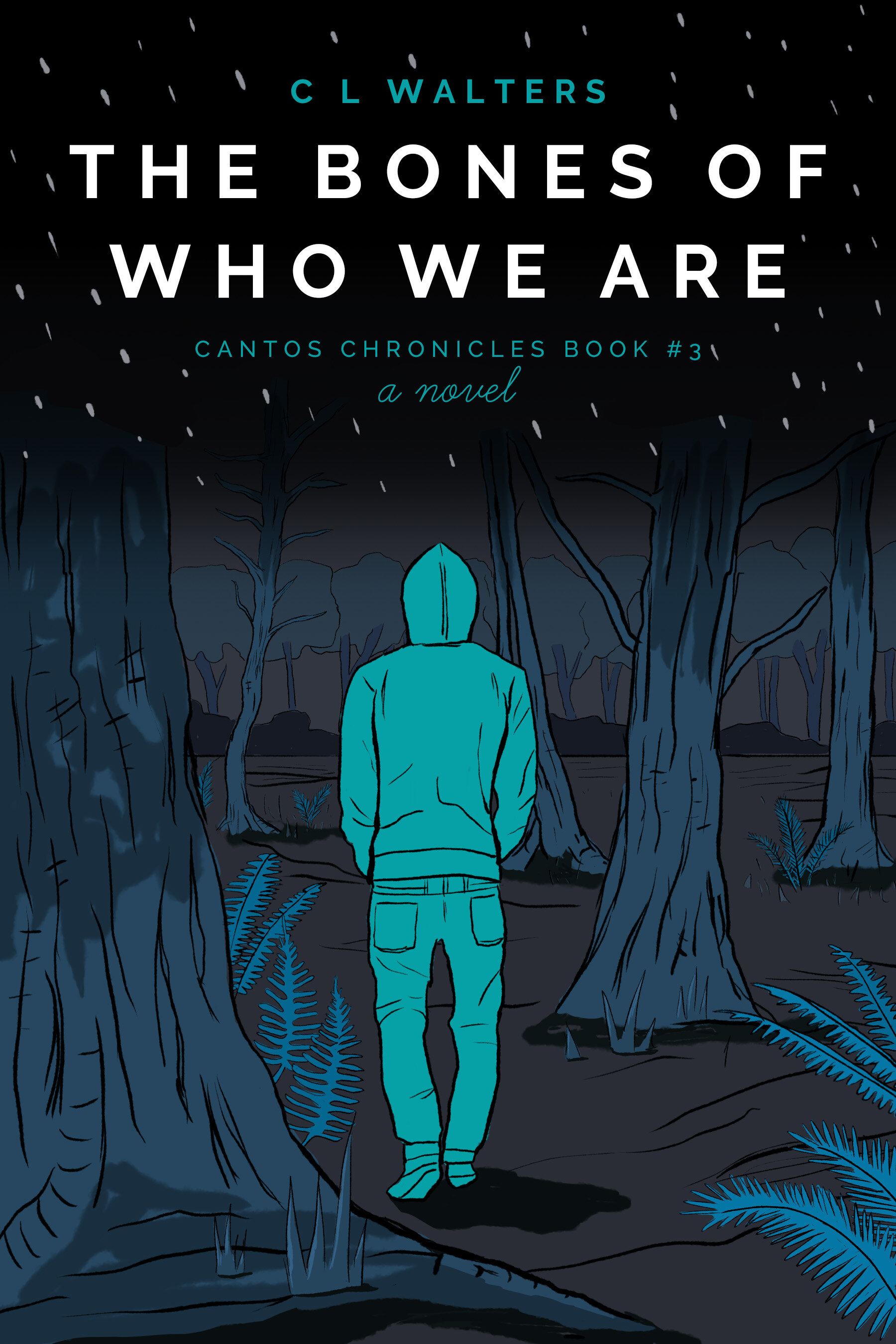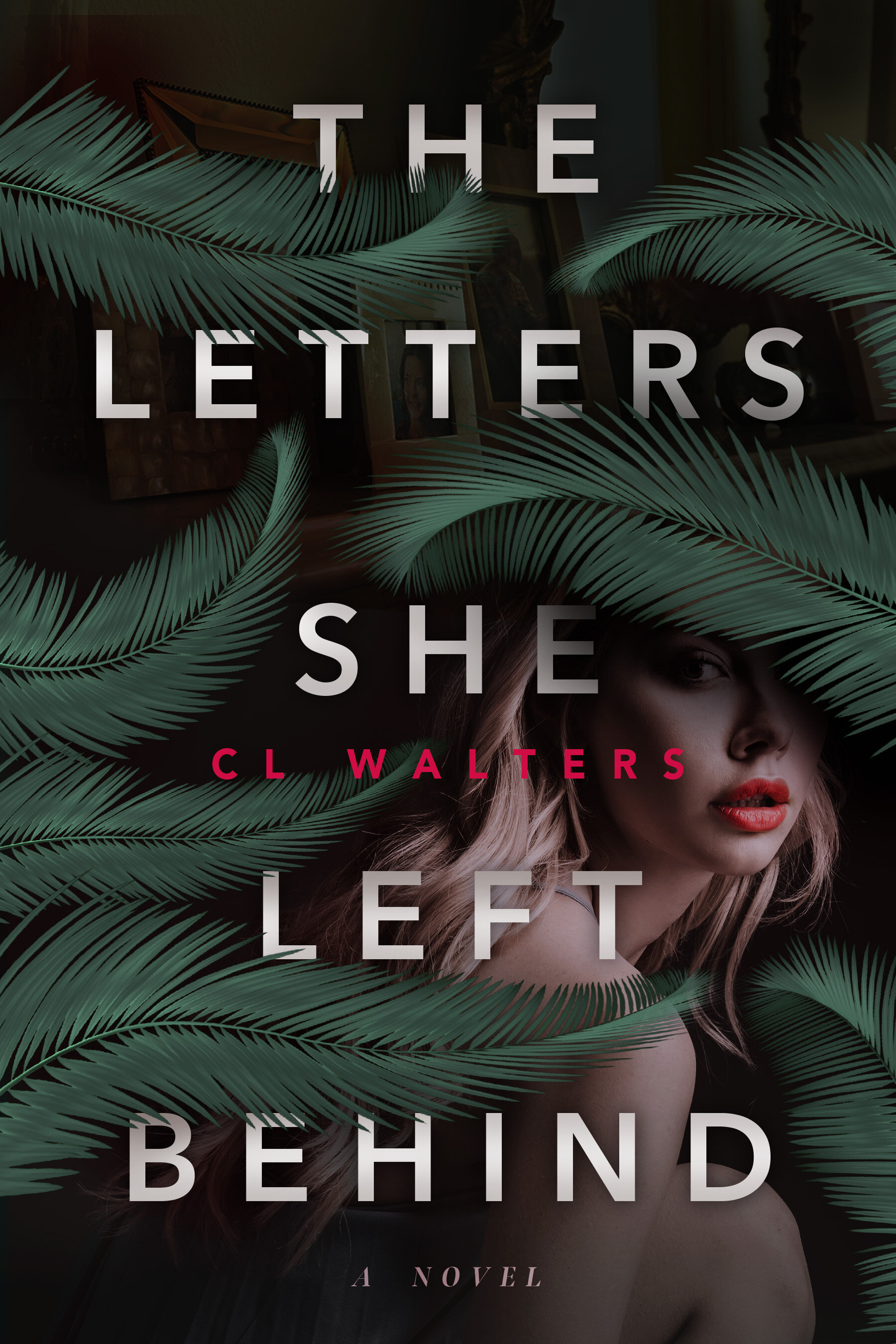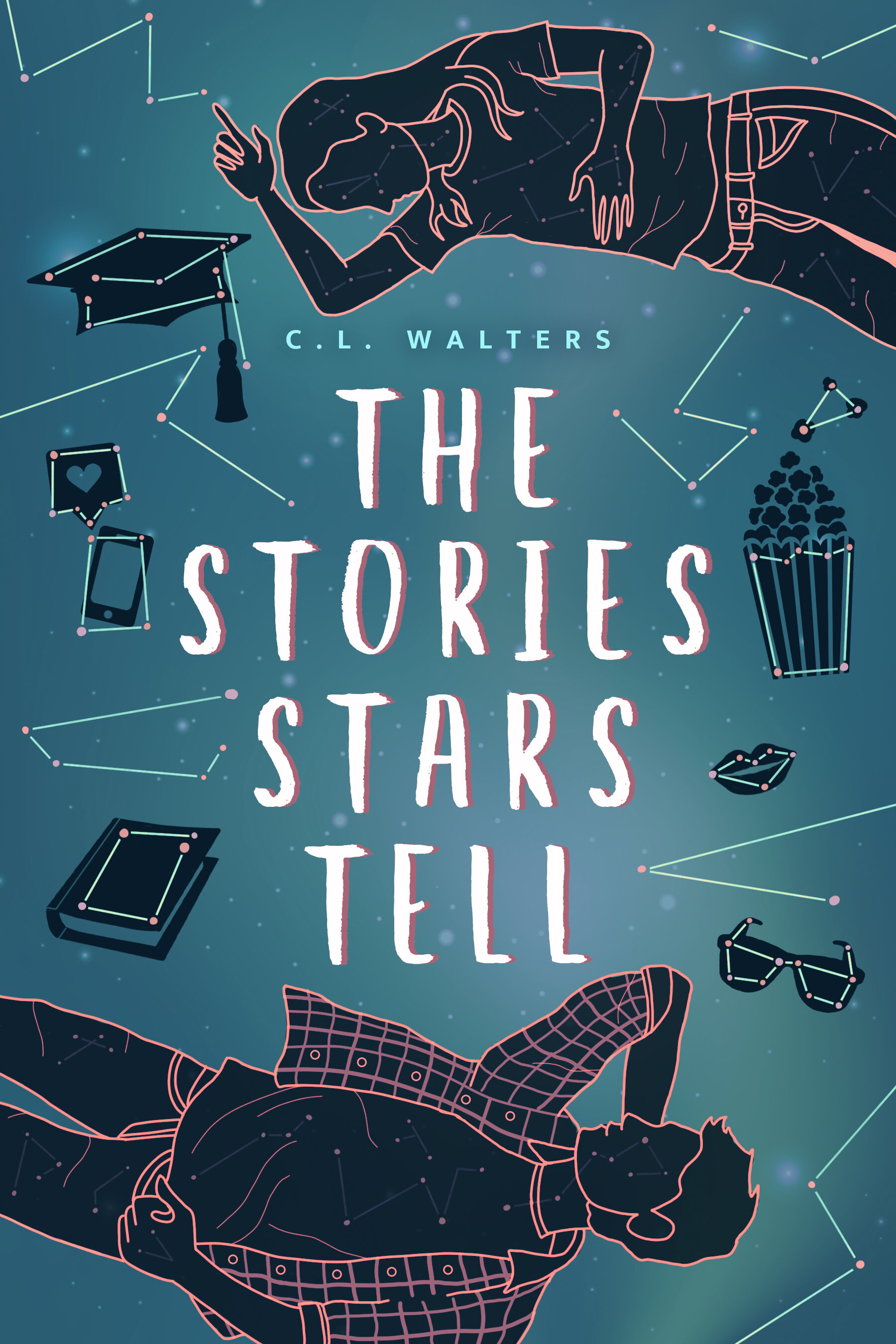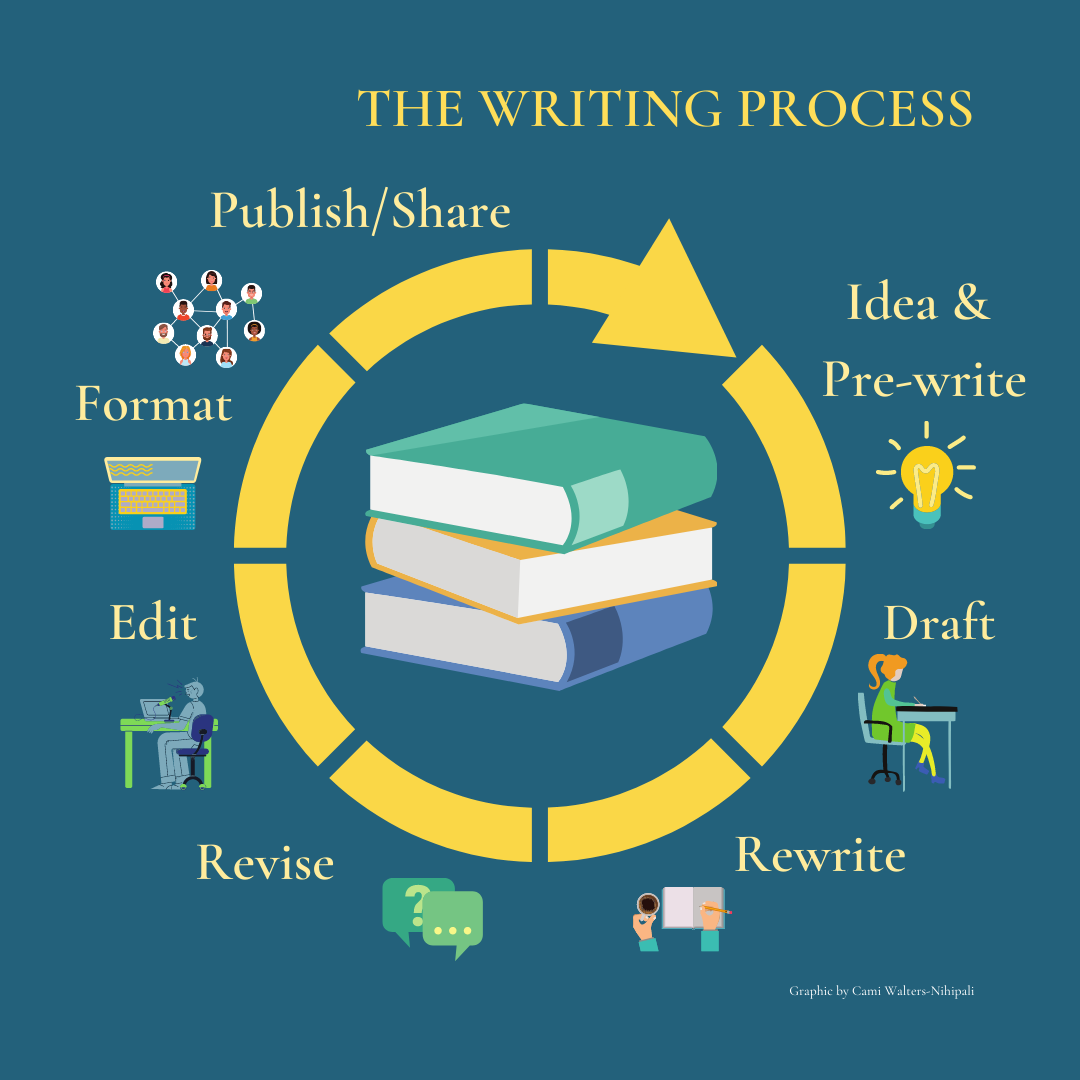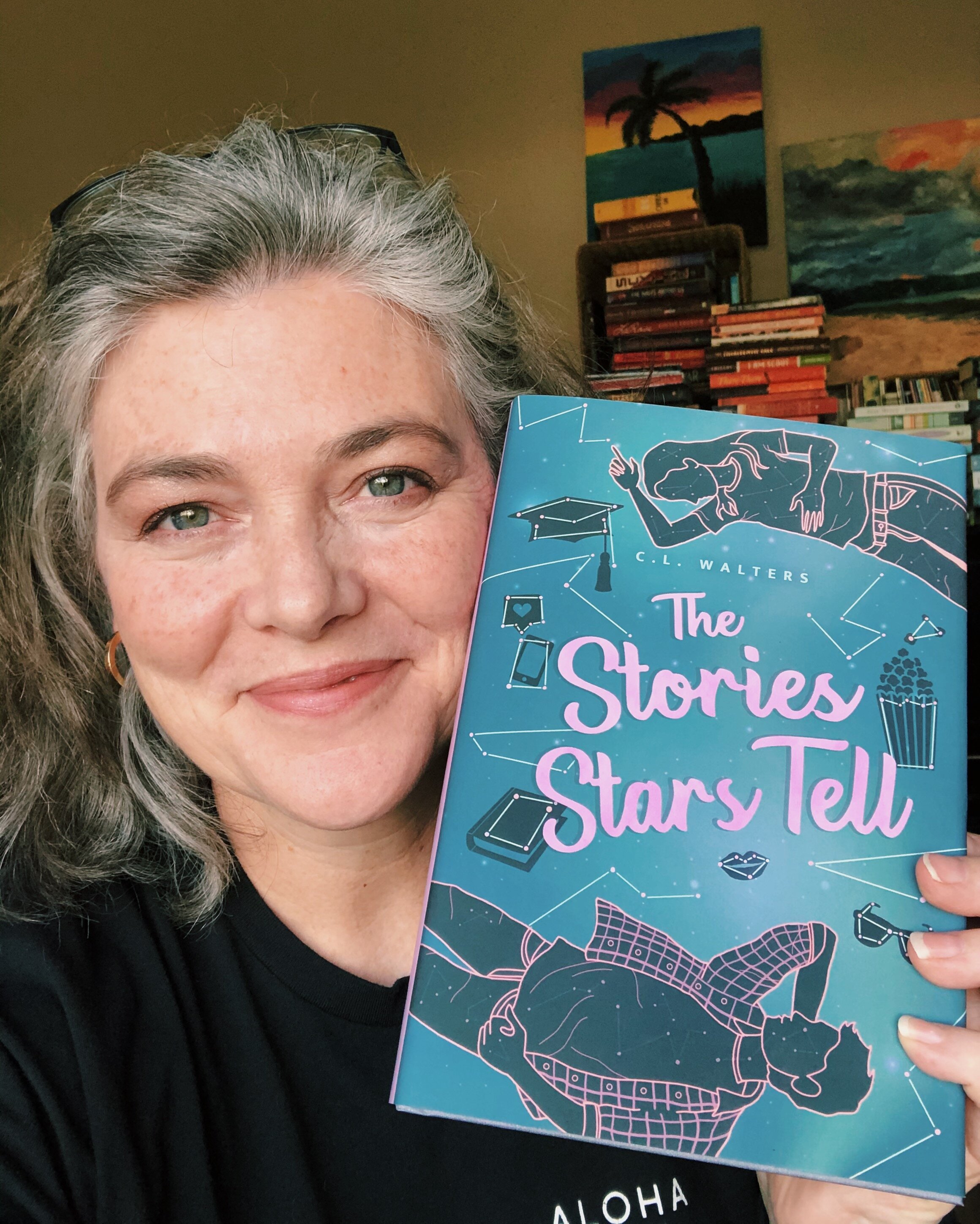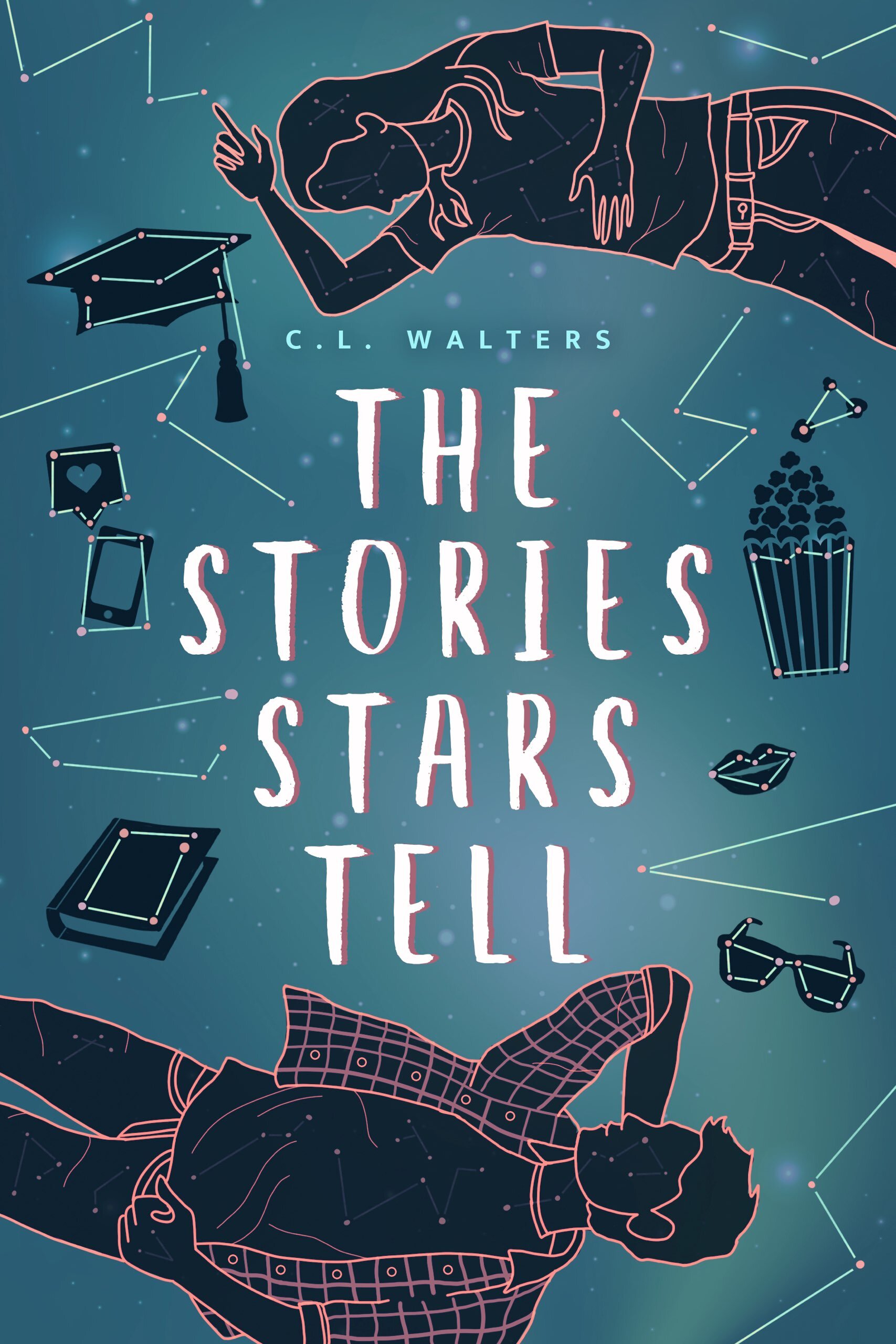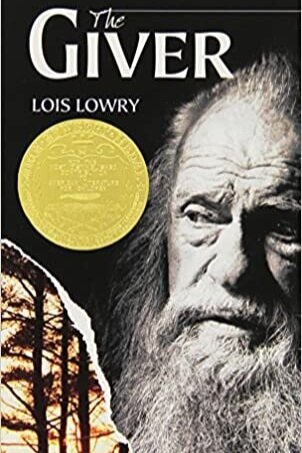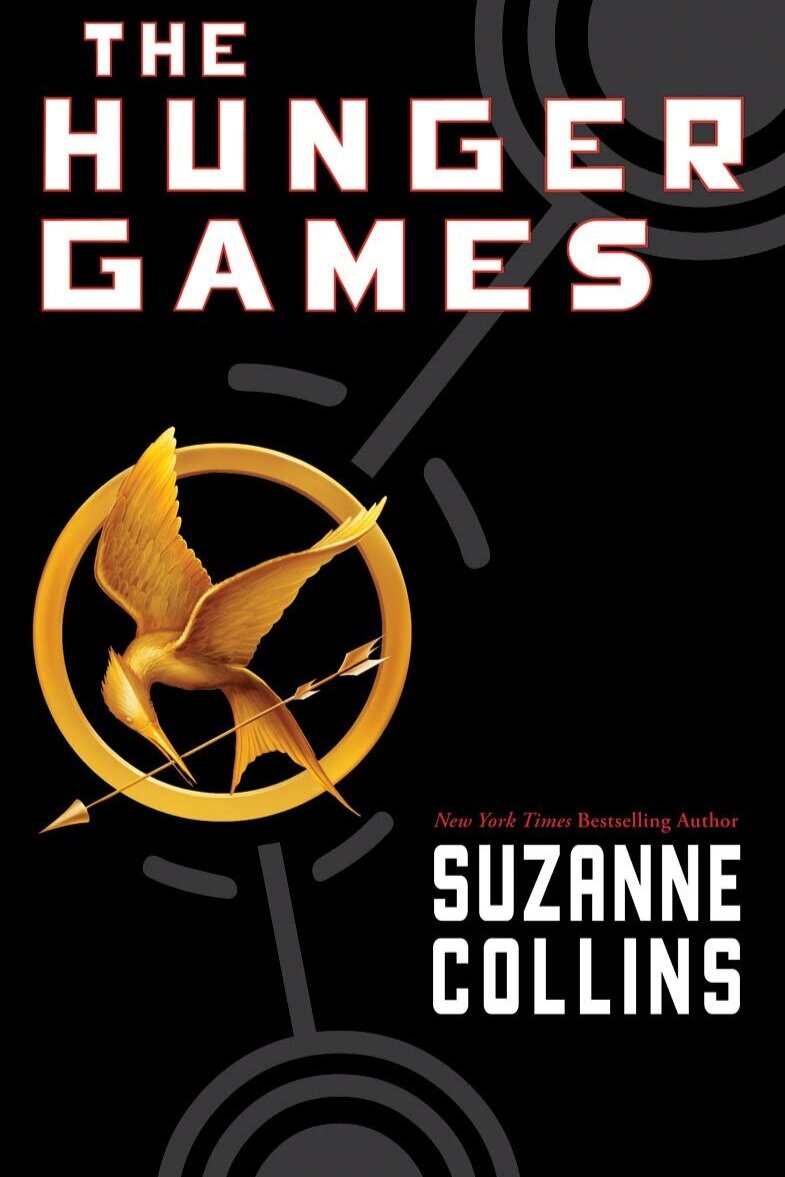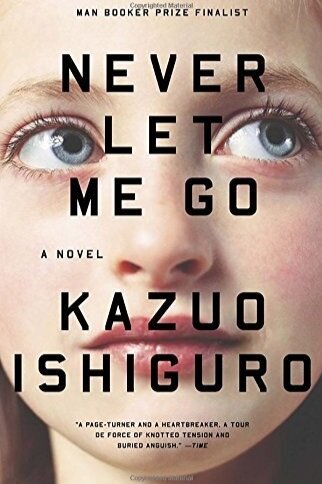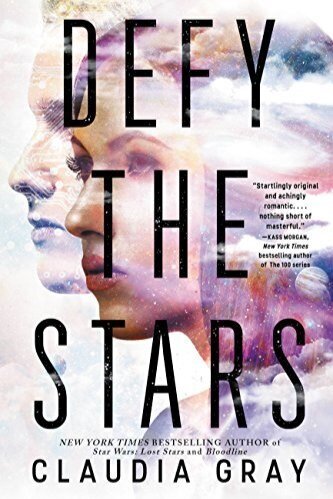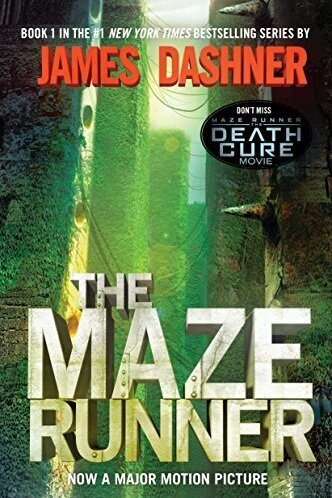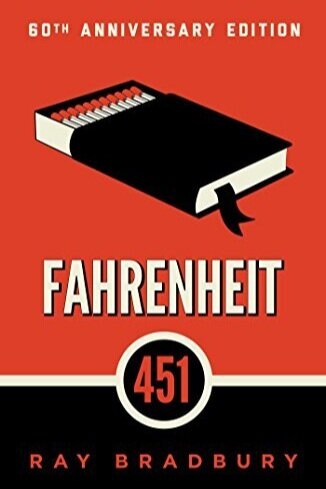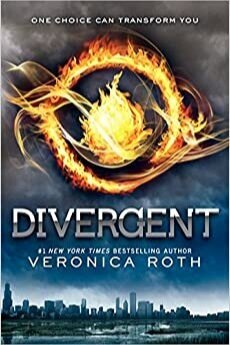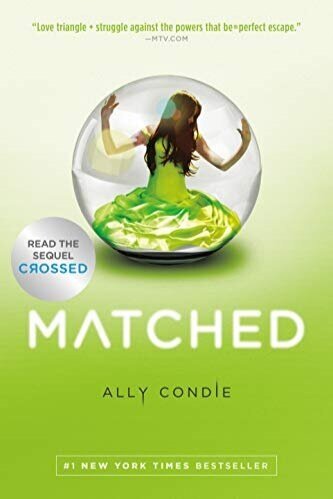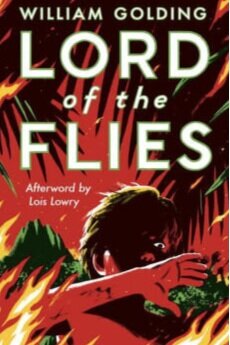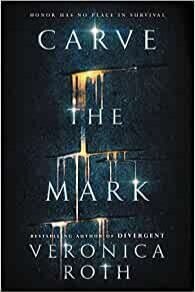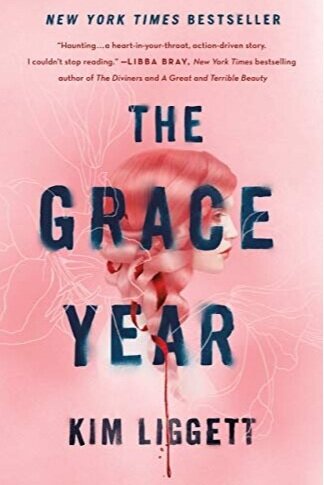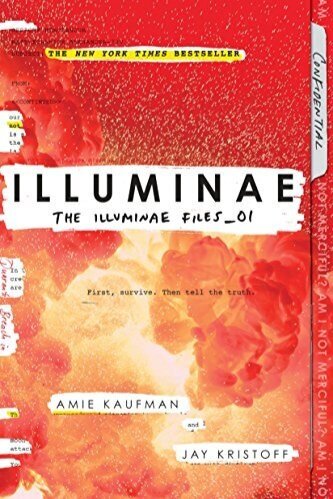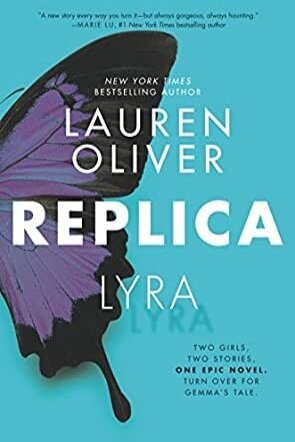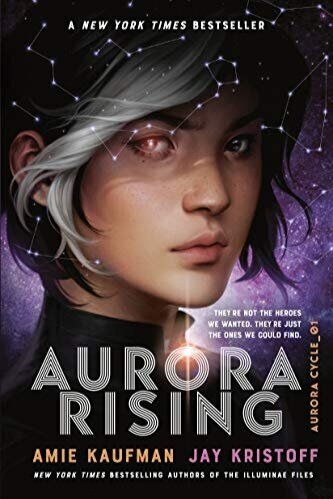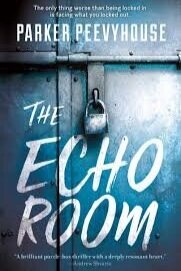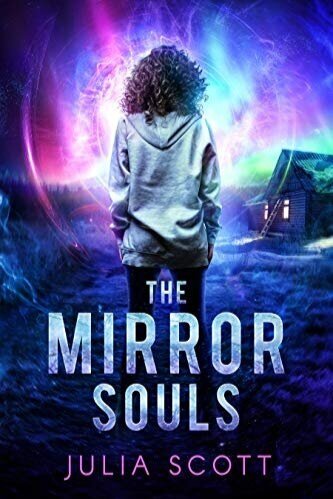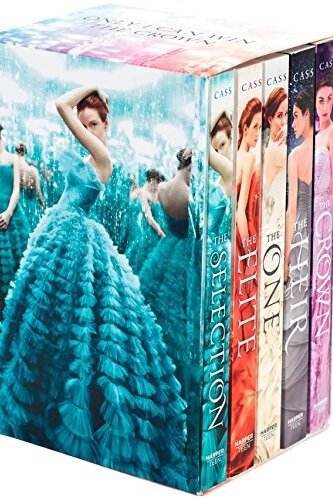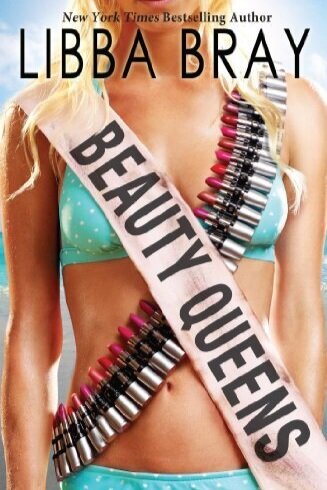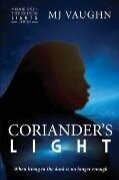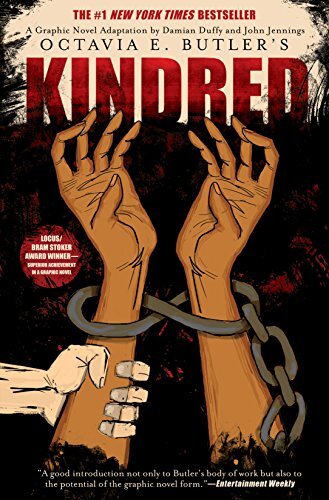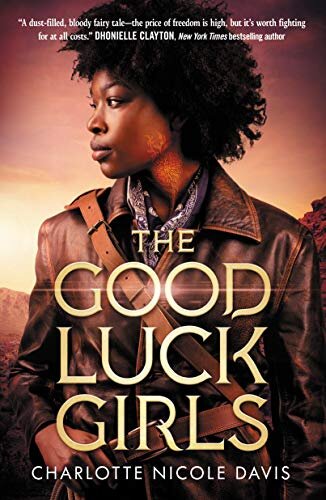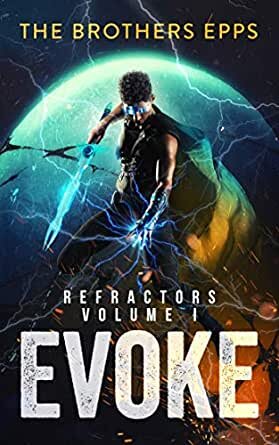CLW: Why Indie Authors and Independent Books, Lauren?
LM: When I started watching AuthorTube, I was quickly introduced to the independently published world. I deep dove into research about it and knew that was the way I wanted to publish my novels. However, I was sad to discover that Indie authors didn’t get the same attention as traditionally published authors. Also, that Indie authors and their books are seen as less than traditionally published books. I knew it meant that I had to work harder to get my book noticed. There is definitely a misconception here about Indie authors. I could see it working against amazing authors and knew it would work against me in the future. I’m very passionate about my writing and so I want to work to help Indie authors by disproving the misconceptions.
CLW: What would you say those misconceptions are?
LM:
1. That Indie authors are the rejects from traditionally published world. From my experience, most of the time Indie authors researched the industry and chose Independently published world themselves.
2. If an Indie’s has been rejected from traditional publishers it’s not a good book. Traditional publishers are businesses and that want products that are sure sellers, not risks. If they think a specific kind of book is popular at the moment it has a better chance. This doesn’t mean it’s poorly written or very flawed, it just means the publishers don’t think it will sell. However, this shouldn’t be discouraging. Whether a book’s value is seen by publishers or not, is not an indication of whether or not it has an audience or not. I am of the belief that every book has an audience.
3. Homemade covers and unedited. Most Indie authors go through editing and editors and get professional book covers made and all the rest. The only difference is that Indie authors have to hire them instead of having the publishers do that for them.
CLW: As an Indie author, I appreciate your list. It helps to know that there are people out there who understand the undertaking of being independent in this industry, the amount of personal financial investment. Your comment, “that every book has an audience,” is uplifting. I’d love to hear more about your passion about books. What’s your reader “origin story”?
LM: I don’t really remember the moment I became a reader. But, my mum tells me that I’ve always been surrounded by books. My parents knew it helped with development, so they had me reading young. Also, members of my extended family are big readers too and I have fond memories of my primary school librarian. When I was 15, I became close to some girls that were also big readers, spending time with them in bookstores began my book hoarding.
CLW: Book hoarding is definitely an issue for readers (ah hem). How many books would you say you have in your TBR pile at the moment? And a follow up: how ever do you get through them?
LM: I have 50+ books on my shelves or on my kindle waiting to be read. Both Indie and traditional. Both books I bought and books I’ve been gifted by authors and publishers. But, there are still many books I don’t own that I still want to read.
I get through them by reading regularly. I try to give myself a bit of time in the morning before I get work done to get myself into gear and at night in bed just before I get to sleep.
CLW: And your ideal story to read?
LM: Fantasy. I love, love, love fantasy. It began when my primary school librarian showed me The Spiderwick Chronicles. I don’t mind if it’s middle grade, young adult or adult. I just love the magic and the impossibility of it all. Also, high stakes, like life or death make books more exciting to read, in my opinion. I’m a sucker for a good romance, so a romantic subplot is a must.
CLW: I read on your website that you are also working on a YA fantasy novel. Do you have a “go to” author or two for inspiration? And can you offer the “why” that is?
LM: When I was 15 and I met those friends who were big readers, they both encouraged me to read Sarah J Maas. It reintroduced me to fantasy, because when I started high school, for a few years I was a romance book fiend. It really made me want to write my own fantasy, so I will always go to Sarah J Maas for inspiration. Later, I found VE Schwab, I thought her writing style was just as magical as her worlds.
CLW: The Shades of Magic series, am I right or am I right? Have you read an Indie fantasy you loved and would want to share with the world? Or, if that’s too specific, an Indie author that people should be on the lookout for his/her books?
LM: Yes, The Shades of Magic Series, is the book that made me fall in love with VE Schwab’s writing.
An Indie Fantasy book that I absolutely loved is The Savior’s Champion and the Companion novel The Savior’s Sister by Jenna Moreci. It’s so well written and so good. The romance is just perfect. It’s my favourite Indie novel.
CLW: How do you manage to find the time to read, review, promote AND be a full-time university student?
LM: Prioritizing. My ability to prioritize will always be my weapon against getting things done. It often means making hard decisions between having to study and wanting to read, but reminding myself it’ll be better in the long run really helps. My studies will come first for the time being, but, I make sure to give myself Sunday’s off to rest. Because I love reading, reviewing and content creating so much I don’t mind spending my Sunday’s off doing it. But, also while Uni is very intense during the semesters, the breaks are long and I don’t often have to study during them. Which means, between work, I can spend my days solidly working on my reading, reviewing and content creating.
CLW: Prioritizing is a key skill for anyone, but especially a writer. You’re ahead of the game. So, five facts about student life today:
LM:
Online is not (& never will be) superior to face-to-face learning. This is something I learned even before COVID, so I was really devastated when we were forced online.
Balance doesn’t mean 50/50, it means 75% school work and 25% fun
Engaging in your learning is important. Flicking through notes isn’t enough.
Social media is a new and persistent distraction
Mindfulness is necessary to keep you sane.
CLW: Today marks the date for your new promotion the #readindiereadathon. Would you tell us more about it?
LM: I always wanted to start a campaign around #ReadIndie. But, was never sure how or what. I have ‘#ReadIndie’ on a message board that I can see from my bed. I was staring at it one night and the idea of a Readathon came to mind. I want to promote indie authors, I want Indie authors and readers to help promote each other. That was my inspiration behind it.
As for the actual readathon, it’s very simple. I have arranged the prompts in 4 x 4 square. To win the readathon you need to get a bingo, which you can do by going down, across or diagonal. It means you need to read a minimum of 4 Indie books. You can read across any genre, any platform and any age category. There will be a photo challenge, where each week you take a picture based on the prompt for that week. You don’t have to participate in the photo challenge, but it would be a fun way to promote yourself and other indie authors. There is a massive giveaway at the end, with 10+ Indie book prizes.
I’ve been blown away by the support and love for this Readathon. The Indigo Book doesn’t have a large audience, so I was scared it wouldn’t take off. Instead, the community has grown and I have found my few audience members are very active and it really pleases me.
CLW: That’s fabulous! What three “takeaways” do hope are born from this challenge?
LM:
Indie books are amazing and deserved to be hyped
The Indie community is amazingly supportive
Reviews help indie authors!!
CLW: When you jumped into the world of independent authors and books, what did you discover?
LM: I discovered it would be a lot more work, because you have more control of your book. I really liked that. I have a business mind, having grown up in a family who own a small business and I’m also now studying a Commerce (Marketing) degree, as well as an Arts (Creative Writing) degree. However, the reality is not everyone has the same business mind or exposure as I do. Thus I discovered not enough authors think of being an author as a business, they think of it as a job, but there is a difference. The difference I think is important and in the future I hope to help authors change their mind set. (I’m not 100% sure how at the moment, but I’m sure like the #ReadIndie campaign it will come to me as my experience grows)
CLW: I think this mindset is fabulous. As an Indie Author (who has an education background rather than a business one), I have had to wrap my mind around this facet of treating what I do as a business. From that mindset, what advice would you give authors starting out?
LM:
Do not ever make your book free. You’re running a business and not a charity. I know it’s hard to make sales and to get your book out there. But, if you feel inclined to give away your book to readers for free. Make them earn it through giveaways or research book bloggers, Bookstagrammer or booktubers who will review it if you give it out for free. This will help you so much more in the future.
Be forward. Reach out to people, ask for reviews, send arcs to bookstores/sellers. Look for and research opportunities and take them.
Marketing is just as much part of being an author as writing the book. Do research on marketing basics and if you can research your target market (for authors this is basically what age category your book is for).
GET REVIEWS! I recently did a report for Uni where I looked at the influence of word of mouth on consumers. I found out that word of mouth (i.e. reviews and any media that is made independently from you) is 12 times more influential than manufacturer media (i.e. blurbs and ads. Any written by you about your own book). Try not to be too worried about negative reviews either, positive reviews are 3 times more likely.
CLW: Two fun facts about you?
LM:
I’ve fenced at a national level
I drink way too much tea to be healthy
CLW: One burning question you want answered…
LM: How do we change the mindset of average book consumers to think about Indie books in the same way they think about traditionally published books?
CLW: I am in agreement with you on this one. I’ve always thought it comes down to changing the mindset of the indie author and how they present their books (the product they are offering). I’ve thought that if we elevate the way we as indie authors, reviewers, indie publishers and indie booksellers approach this business, we might see that reflected in the way the world sees the indie author. What do you think it would take to see the indie world elevated?
LM: Community. Working together to elevate each other in our own community is a good start. Then, reaching out to other people in the non-indie book community and educating them on Indie books and making them see they’re just as good as traditionally published books. Also, Indie books and traditionally published books are often segregated. Traditionally published books are in libraries and big bookstores, while Indie books are on the author’s website. Seeing Indie and traditional books side-by-side in bookstores and libraries will help dispel notions that they’re different in any way. We need to enforce that books are books and that it’s about finding your preferences, it doesn’t matter how it’s published.




